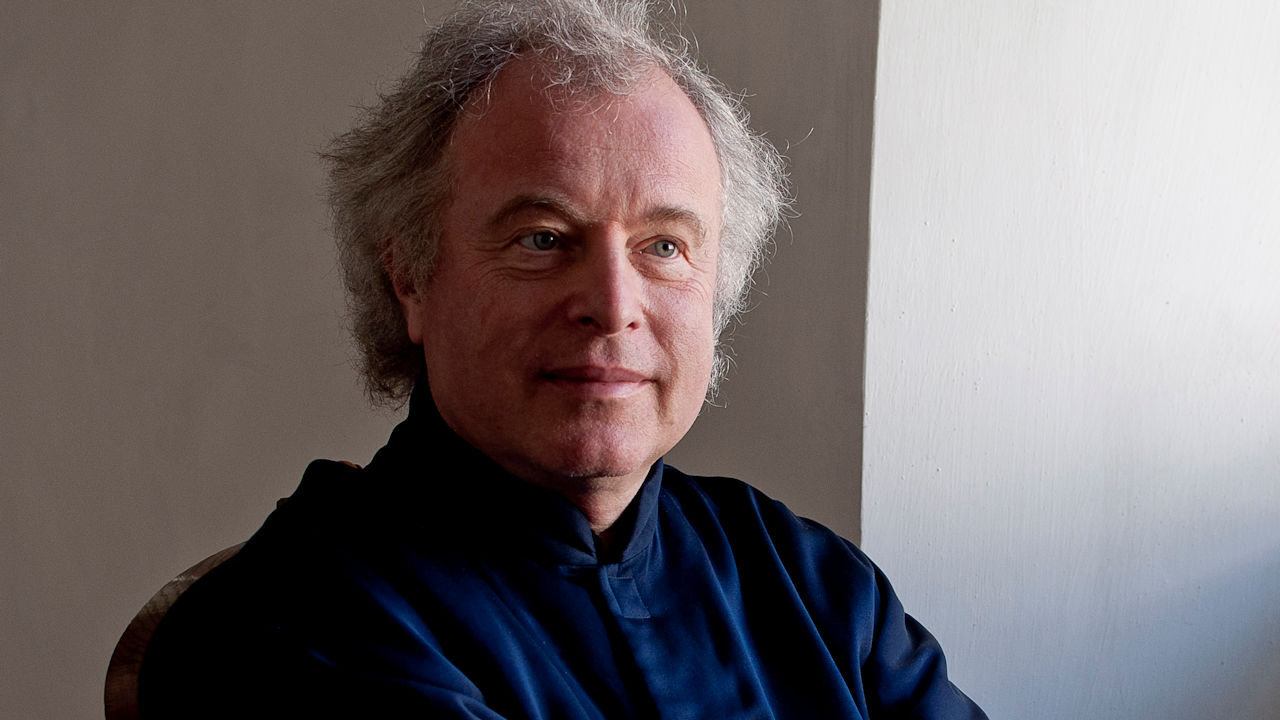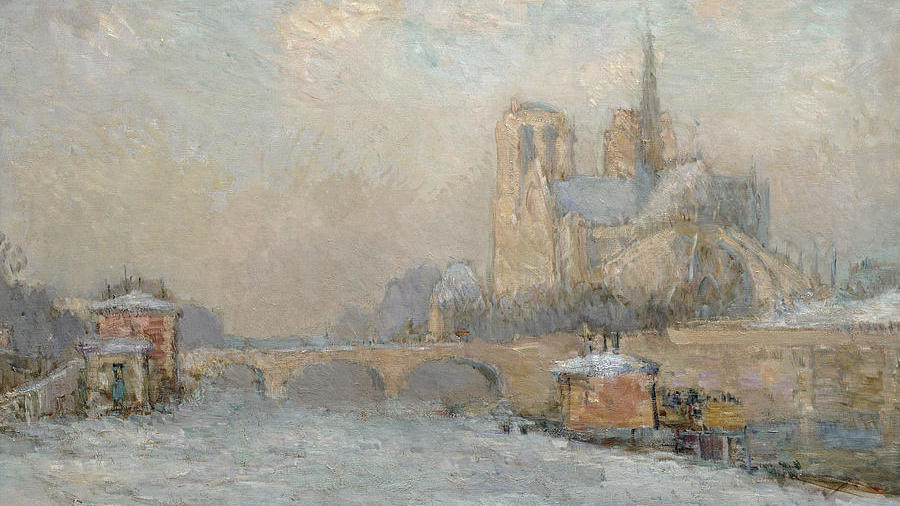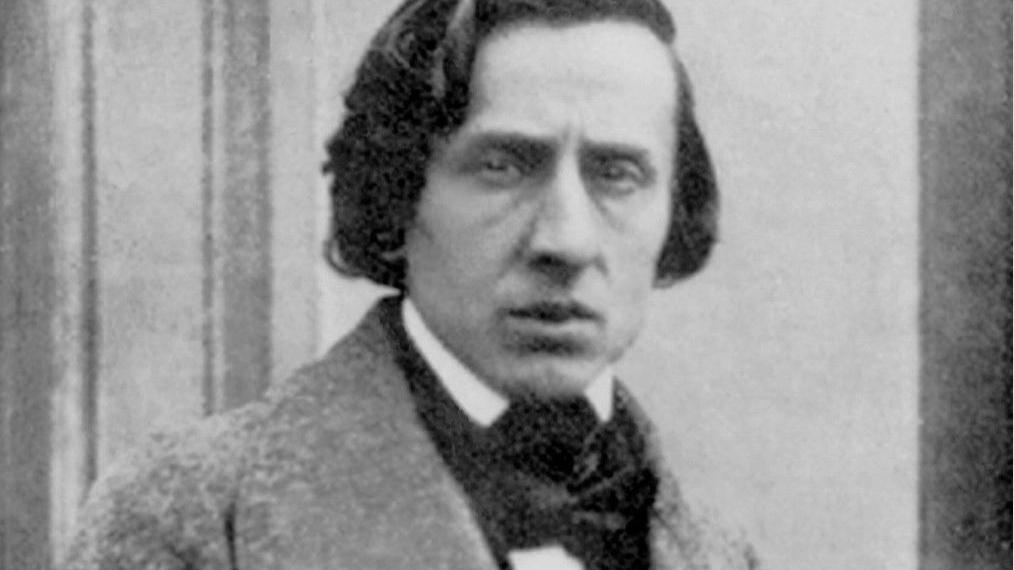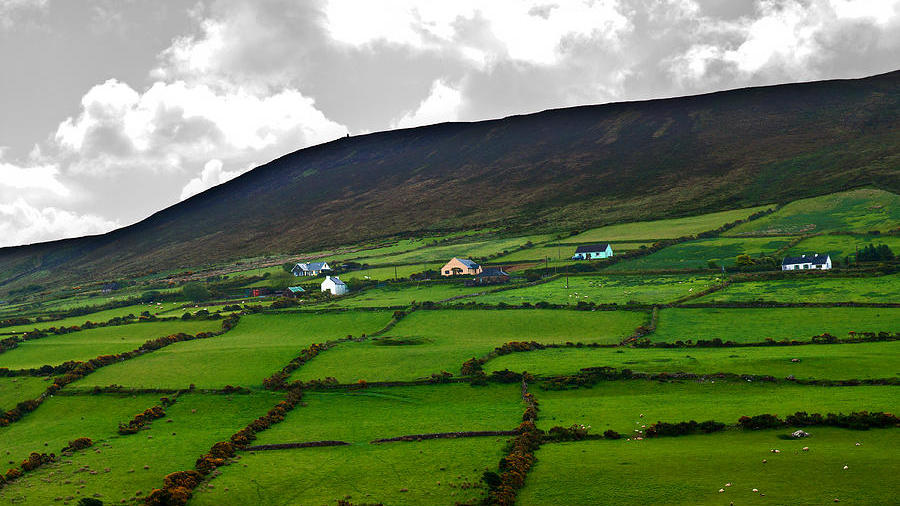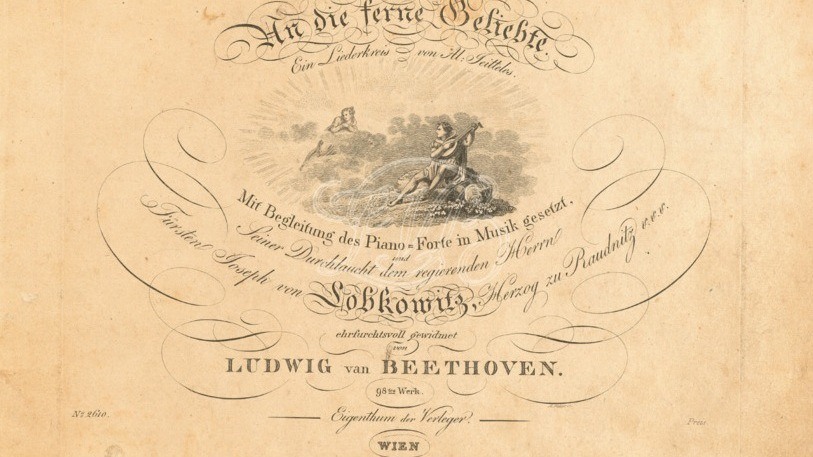New Release: András Schiff Plays Schubert Sonatas and Impromptus
Sir András Schiff’s new album takes us back to the sounds Schubert would have heard. The Hungarian-born British pianist performs on a fortepiano made around 1820 by Franz Brodmann. The instrument, once owned by Karl I, the last emperor of Austria-Hungary, is an early version of the piano. In the liner notes, Schiff writes, It is to me ideally suited to Schubert’s keyboard works. There is something quintessentially Viennese in its timbre, its …

